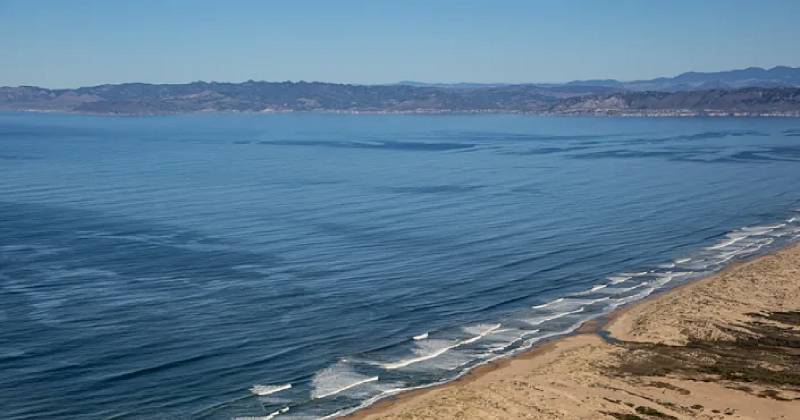
A recent research revealed that climate change will wreak havoc on the world’s oceans by decreasing the oxygen that fish and other sea life rely on, to exist.
Warmer temperatures will cause a scarcity of oxygen in 70 percent of the world’s oceans by 2080, according to a study published in November by researchers from the American Geophysical Union’s journal Geophysical Research Letters. The study shows that the significant deoxygenation of the middle ocean depths, where a huge percentage of the fish eaten by humans is found, began in 2021.
‘This zone is actually quite important to us because a lot of commercial fish live in this zone,’ said Yuntao Zhou, main author of the study and an oceanographer at Shanghai Jiao Tong University.
According to the study’s calculations, deoxygenation will begin to damage all ocean depth zones by 2080, and it may be irreversible. Even if humans stopped releasing greenhouse gases and reversed global warming by pulling carbon dioxide from the atmosphere, ‘whether dissolved oxygen would return to pre-industrial levels is unknown,’ according to Zhou. According to scientists, this emphasises the significance of reversing climate change — and the resulting ocean deoxygenation — as soon as feasible.
Warmer seas hold less dissolved oxygen, and ocean temperatures are rising at an alarming rate, explaining the decline in oxygen levels in the oceans. Another recent study published this week in the scientific journal PLOS Climate found that the majority of the world’s ocean surface has continually exceeded the usual range since 2014.
High water temperatures endanger habitats that fish feed on, such as coral reefs and kelp forests. The usual temperature ranges were established by researchers at the Monterey Bay Aquarium in Monterey, California, who studied 150 years of sea surface temperatures.

Post Your Comments